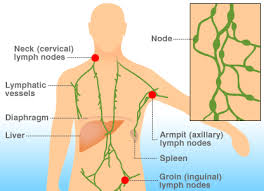One of the least known cancer forms is called Myelodysplastic Syndromes (MDS). This is also formerly known as 'pre-leukemia' but not anymore because the term is misleading.
With MDS, the bone marrow is hyperactive but does not produce the normal number of healthy blood cells in the bloodstream. When the disorder in the production of blood cells continued, the different types of blood cells will have an abnormal count and the bone marrow will begin to deteriorate. The MDS patient will have low or high amount of any or all of these blood cells (red, white, and platelet).
Although MDS syndrome can be genetic, particularly in children who develop the cancer, there are also environmental factors that have been known to cause abnormalities in healthy cells, creating cancer-causing ones. One known carcinogen is linked to MDS. This organic chemical is called benzene. It is found in gasoline, synthetic rubber, dyes, and plastics. The chemical is still used even when there are available alternative substances. People who had ingested, inhaled, and handled benzene over an extended period of time often acquired MDS.
According to medical reports, only one-third of patients get worse after MDS diagnosis. Their condition often progresses to Acute Myelogenous Leukemia (AML).
MDS syndrome is rare in children and very young people. Early detection of the disease is also rare. When the body lacks a normal count of healthy blood cells, symptoms will start to appear.
A person may be suffering from MDS when he or she had these symptoms:
- Fatigue
- Always breathless
- Abnormal paleness of the skin
- Uncontrolled bleeding
- Easily bruised
- Petechiae
- Weight loss
- Infections
For Further Reading,


